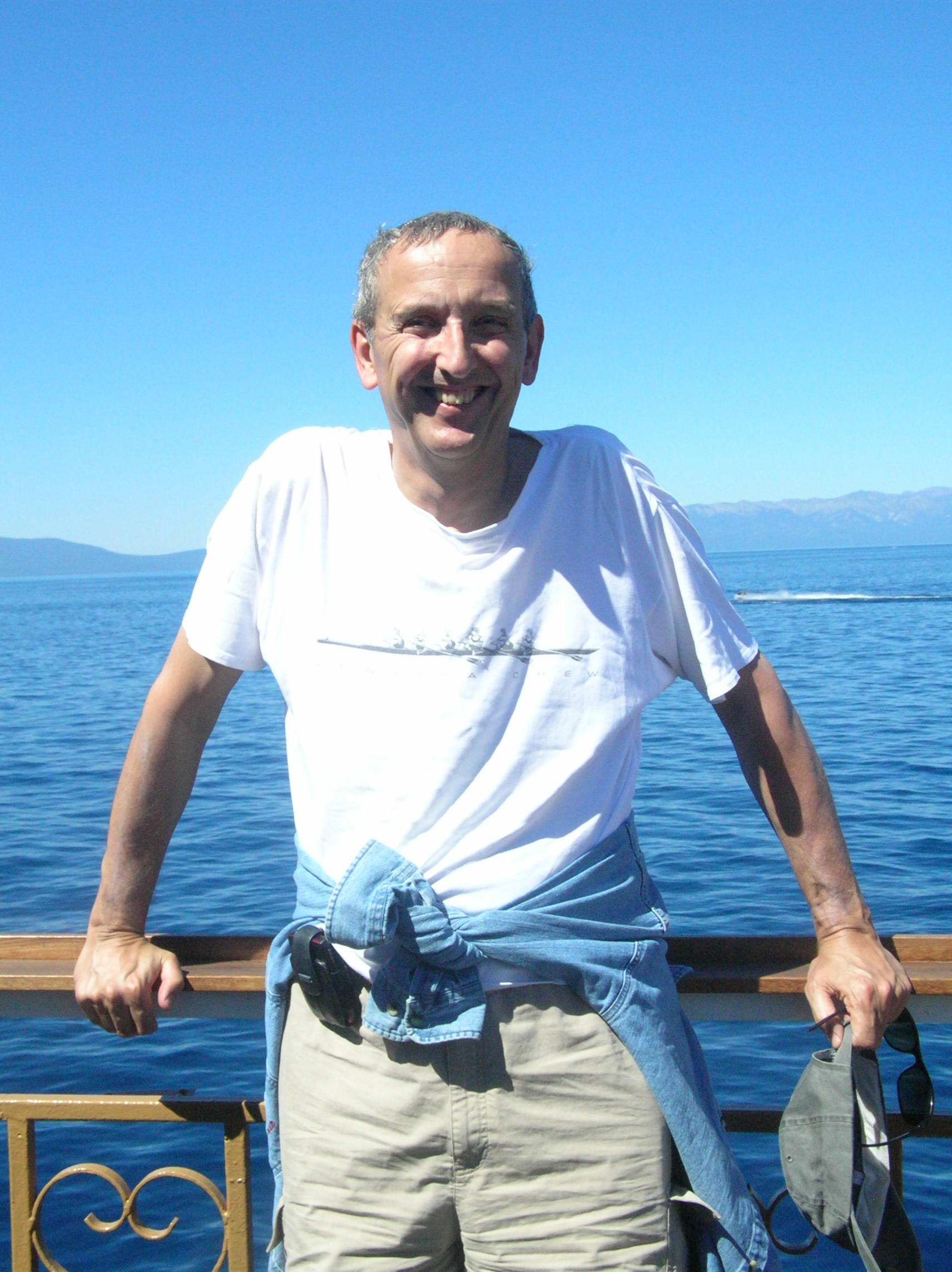Confession: When I first read this Sunday’s readings, I didn’t see any connections between the Israelites’ problem with serpents and our current times. But then we had a discussion of the Gospel during “Gospel Preview” and things became clearer. (Dean Matthew established Gospel Preview when he first came to Trinity as a way to use lectio to help him clarify his direction for his Sunday sermon. There are usually 5 or 6 of us who participate.)
We are the people who become impatient, or at least some of us do. We find ourselves in the midst of this wilderness called Pandemic. We speak out against those who are up front and tell Truth. We don’t want to hear it. On the micro level (i.e. our wealthy nation), many of us protest wearing masks; they are a sign of authoritarianism. We protest staying home; it is too confining. We protest not going to bars; we want to see our friends and party! We are independent individualists. And we are malcontents. We harvest the fruits of radical individualism. No one can tell us what to do. Many die. The Israelites repent. Sadly, we don’t know how to do that.
On the macro — the way of the whole world — we ignore those with no food, no water, no habitats, no clothing. We have those who are unhoused and hungry and in need of clothes and the basic for life here in our midst. They are reminders of a larger reality of the great deal of absolute poverty in places we would rather forget. And those places are the serpents that will bite us.
God gives a way a way out. Oddly we might mistake the symbol as an idol. It is a bronze symbol of the poison that is killing us. If I am bitten but recognize the poison within me, I can repent and live. I must turn toward the symbol of that which is killing me. I must acknowledge it for the death it contains.
John gives us the direct connection to this story in John 3: 14. “Just as Moses lifted up the serpent in the wilderness, so must the Son of Man be lifted up, that whoever believes in him may have eternal life.”
I remain baffled by those who rebel against science. And yet, from a philosophical sense, it is understandable. Our radical individualism is the result of a progression of individual liberties. “We hold these truths to be self-evident, that all men are created equal, that they are endowed by their Creator with certain unalienable Rights, that among these are Life, Liberty and the pursuit of Happiness.” (The Declaration of Independence.). The Declaration of Independence does not necessarily lead to the radical individualism that we experience today but the sprouts are in it. “To all free men of our kingdom we have also granted, for us and our heirs for ever, all of the liberties written out below, to have and to keep for them and their heirs, of us and our heirs.” The seeds are in the Magna Carta. Or are the seeds even further back in our history? The writers of both documents had a certain idealism that we could and would work together to establish and maintain our rights. Then capitalism stepped in. It was held up as the bronze serpent that will save us. Instead it is a golden calf because it is based upon selfishness and succeeds because of selfishness. Capitalism combined with individualism is toxic. We cherish both but do not see the toxicity of the combination. That can destroy us.
But I get far afield. Or do I? Christians have always been called to sacrifice themselves. This is foolishness in the eyes of the world. And it is frightening to those of us who call ourselves followers of Jesus. We are called to live in communities, both micro and macro, who share all of our possessions. We are called to care for others rather than for ourselves. We are called to give what we have to those who have little or nothing. But we don’t for so many reasons. We rationalize. If we give it all away, then we will having nothing left to give. What good will I or we be then? These meandering thoughts seem to be part of a guilt trip. they aren’t. They are part of recognizing a call, a call to give from my wealth, to simplify, to give of my time. I am wealthy and I am fearful to give away.
Thank God for the bronze serpent. May I, may we, not lose sight that this odd symbol of God’s forgiveness. May we turn, recognize grace and live.


In gratitude for your posting:
Denise Levertov (1923–1997)
Primary Wonder
Days pass when I forget the mystery.
Problems insoluble and problems offering
their own ignored solutions
jostle for my attention, they crowd its antechamber
along with a host of diversions, my courtiers, wearing
their colored clothes; cap and bells.
And then
once more the quiet mystery
is present to me, the throng’s clamor
recedes: the mystery
that there is anything, anything at all,
let alone cosmos, joy, memory, everything,
rather than void: and that, O Lord,
Creator, Hallowed One, You still,
hour by hour sustain it.